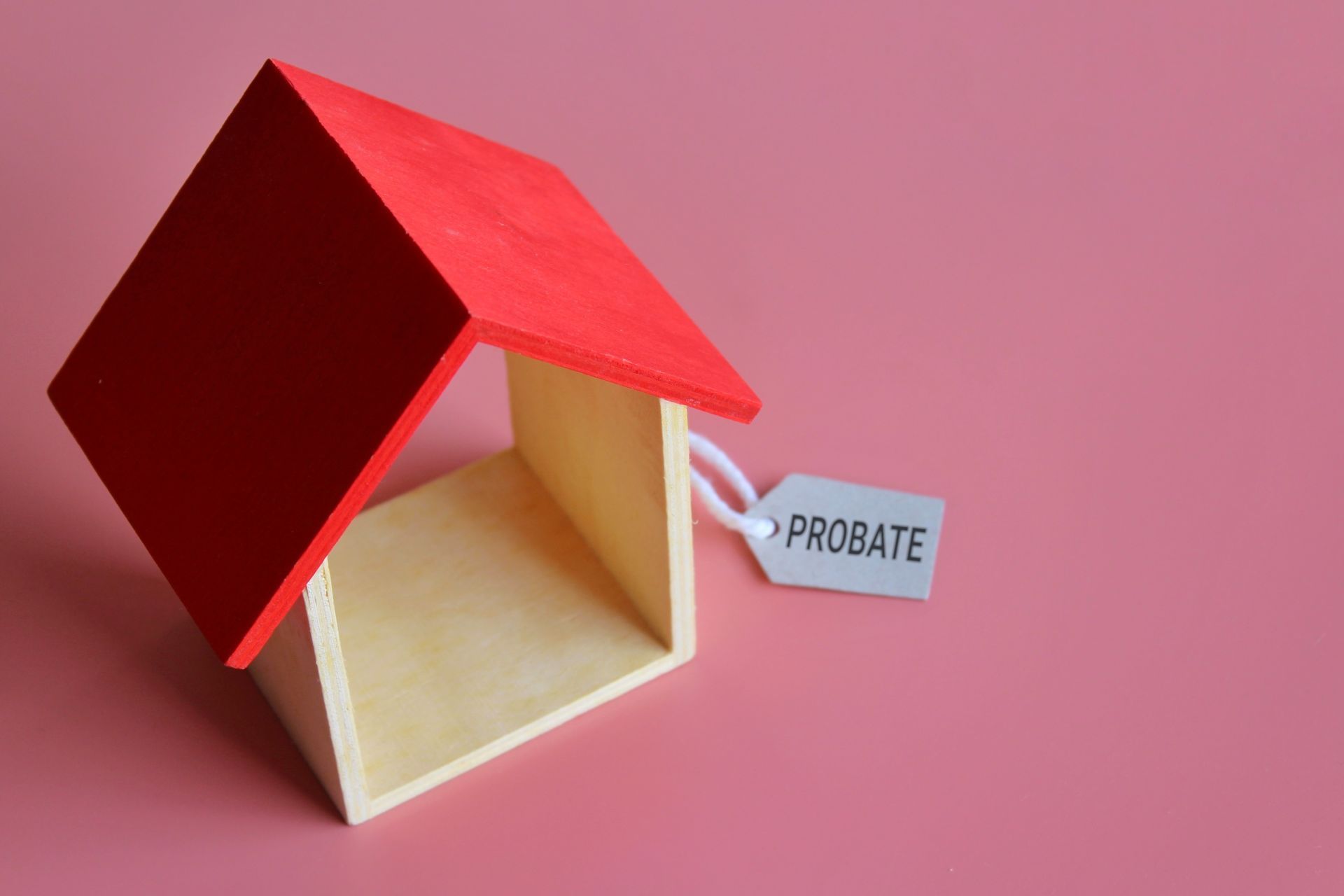Is a Trust Better Than a Will? Unpacking the Benefits of Trusts in Estate Planning
Understanding the Basics: Trusts vs. Wills
Regarding estate planning basics, understanding the differences between a trust and a will is crucial for making informed decisions about your future. So, what is a trust? A trust is a legal arrangement that allows you to transfer your assets to a trustee, who manages them on behalf of your beneficiaries. This can provide greater control over when and how your assets are distributed.
On the other hand, what is a will? A will is a legal document outlining how you want your assets distributed after death. It goes into effect only upon your passing and must go through probate, which can be time-consuming and costly.
The critical differences between
trusts and wills must be balanced. Trusts offer privacy since they do not go through probate, while wills become public records. Additionally, trusts can provide more flexibility in asset management during your lifetime and after death.
By understanding these distinctions, you can make empowered choices that align with your estate planning goals—ensuring that your wishes are honored while minimizing potential complications for your loved ones.
The Key Advantages of Setting Up a Trust Over a Will
Many people often default to drafting a will when it comes to estate planning, but setting up a trust can offer significant advantages that shouldn't be overlooked.
1. One of the primary benefits of trusts is probate avoidance. Unlike wills, which must go through the lengthy and often costly probate process, trusts allow directly transferring assets to beneficiaries upon death, ensuring a smoother and faster transition.
2. Another compelling reason to consider a trust is its privacy in estate planning. They will become public documents once they enter probate, exposing your financial affairs and intentions to scrutiny. In contrast, trusts remain private, protecting your family's financial information from prying eyes.
3. Trusts provide greater control over asset distribution. With a trust, you can specify conditions for how and when your beneficiaries receive their inheritance—whether at a certain age or milestone—giving you peace of mind that your wishes will be honored.
While both wills and trusts serve essential roles in estate planning, trusts' advantages—such as avoiding probate, maintaining privacy, and offering control over asset distribution—make them an appealing option for those looking to secure their legacy effectively.
How Trusts Can Help You Avoid Probate and Save Time and Money?
Regarding
estate planning, one of the most significant advantages of establishing a trust is its ability to help you avoid probate, ultimately saving you time and money. The costs associated with probate can be staggering; legal fees, court costs, and other expenses can quickly add up, often consuming a substantial portion of your estate. You can bypass this lengthy process entirely by utilizing trusts for your assets.
Trusts provide an efficient means of transferring your estate upon your passing. Unlike wills that must go through the probate process—often taking months or even years to settle—a trust allows for immediate distribution of assets to beneficiaries. This ensures that your loved ones receive their inheritance without unnecessary delays. Knowing that your wishes will be honored swiftly provides peace of mind.
Moreover, by avoiding probate with trusts, you maintain privacy that is often compromised in public probate proceedings. Your financial affairs remain confidential, shielding your family from unwanted scrutiny during a vulnerable time.
In summary, establishing trusts as part of your estate plan is not just about avoiding probate; it's about creating a streamlined approach for efficient estate transfer while safeguarding your family's financial future. Investing in this proactive strategy can lead to significant time savings and reduced costs—benefits that are too substantial to overlook.
The Flexibility of Trusts: Customizing Your Estate Plan to Fit Your Needs
When it comes to estate planning, flexibility is critical. Trusts offer a range of customizable options tailored to meet your unique needs and family dynamics. Unlike traditional wills, which can be rigid and difficult to modify once established, trusts provide flexible estate planning solutions that adapt as circumstances change.
One of the most significant advantages of using trusts is the ability to choose between revocable and irrevocable options. A
revocable trust allows you to maintain control over your assets during your lifetime, enabling you to make adjustments without losing the benefits of having a trust in place. On the other hand, an irrevocable trust provides more excellent asset protection and tax advantages but comes with less flexibility once established.
By exploring customizable trust options, you can ensure that your estate plan reflects your financial goals and the complexities of your family dynamics. Whether you're looking to provide for minor children, protect assets from potential creditors, or support charitable causes close to your heart, trusts empower you to create a tailored approach that aligns perfectly with your vision for the future.
Don't settle for a one-size-fits-all solution; embrace the flexibility of trusts and secure peace of mind knowing that you've crafted an estate plan specifically for you and your loved ones.
Common Misconceptions: Debunking Myths About Trusts and Wills
Many individuals need clarification about estate planning, which can hinder their ability to secure their family's financial future.
1. One of the most prevalent myths is that trusts are inflexible and only serve the wealthy. Trusts offer flexible estate planning solutions tailored to various needs and circumstances. For instance, understanding the differences between revocable and irrevocable trusts is crucial for anyone considering these options.
2. Revocable trusts allow you to maintain control over your assets during your lifetime and change terms as family dynamics evolve. On the other hand, irrevocable trusts can offer significant tax benefits and asset protection but require careful consideration due to their permanence.
3. Customizable trust options enable you to craft a plan that reflects your unique wishes and addresses specific family situations. Whether you have minor children or complex family dynamics, there are strategies available that ensure your assets are distributed according to your preferences while minimizing potential conflicts among heirs.
By debunking these myths about trusts and wills, we empower individuals with knowledge about their estate planning choices—encouraging them to protect their wealth and foster harmony within their families for generations to come.
Conclusion: Making an Informed Choice—Is a Trust Better Than a Will for You?
In conclusion, deciding between a trust and a will is a crucial step in your estate planning journey, and making an informed choice can have significant long-term benefits for you and your loved ones. While both options serve to distribute your assets, trusts offer unique advantages such as avoiding probate, providing privacy, and potentially reducing estate taxes. On the other hand, wills are often more straightforward but may provide a different level of protection or efficiency.
To ensure that you make the best decision tailored to your specific circumstances, we encourage you to hire our team at
Doane & Doane. Our experienced professionals are dedicated to guiding you through the complexities of estate planning. We'll help you understand the nuances of trusts versus wills and assist you in crafting a plan that aligns with your goals and values. Don't leave your legacy to chance—reach out today for personalized support!
Disclaimer: The information on this website and blog is for general informational purposes only and is not professional advice. We make no guarantees of accuracy or completeness. We disclaim all liability for errors, omissions, or reliance on this content. Always consult a qualified professional for specific guidance.
RECENT POSTS






